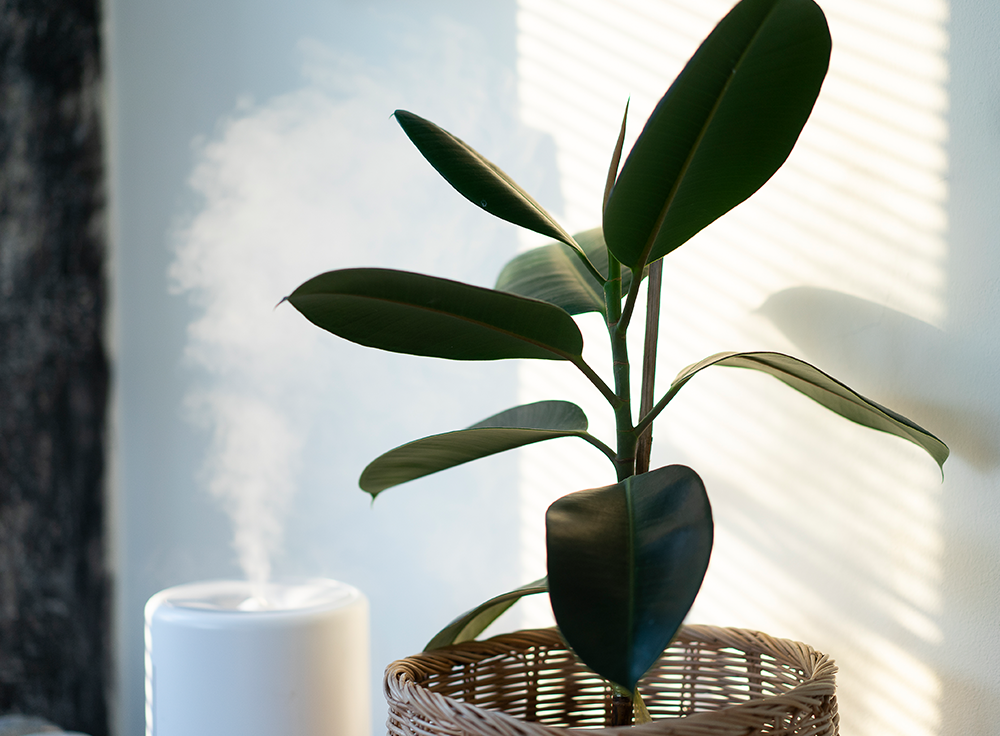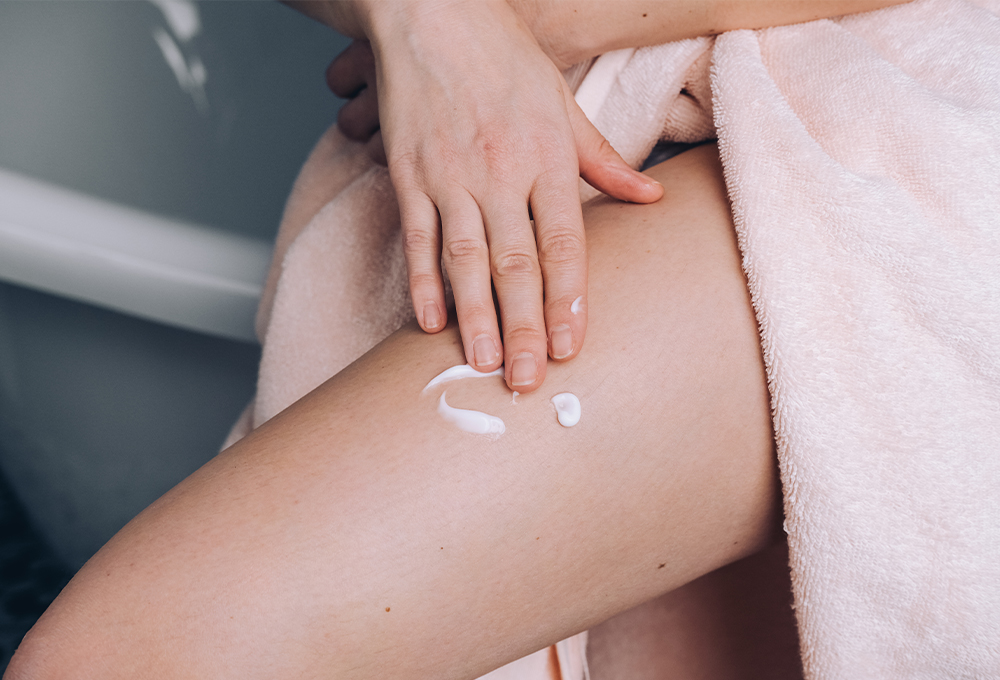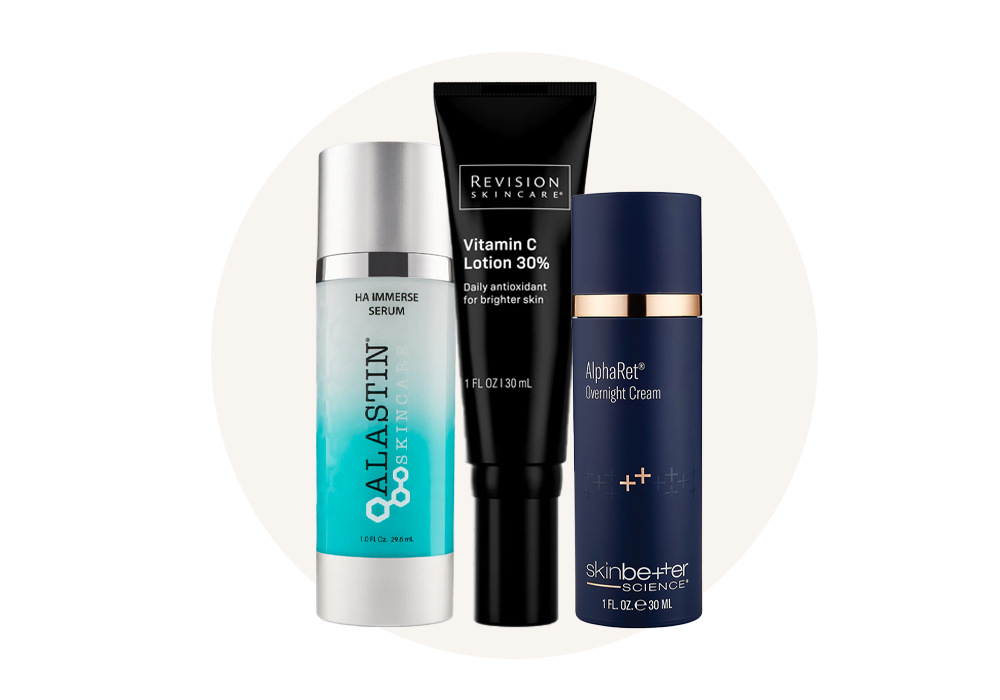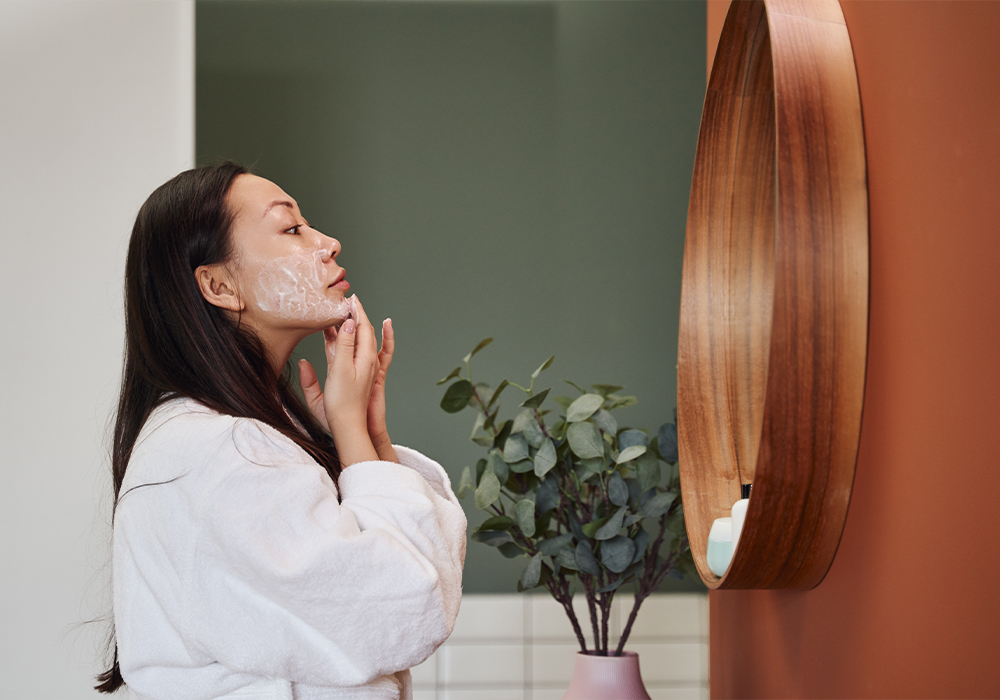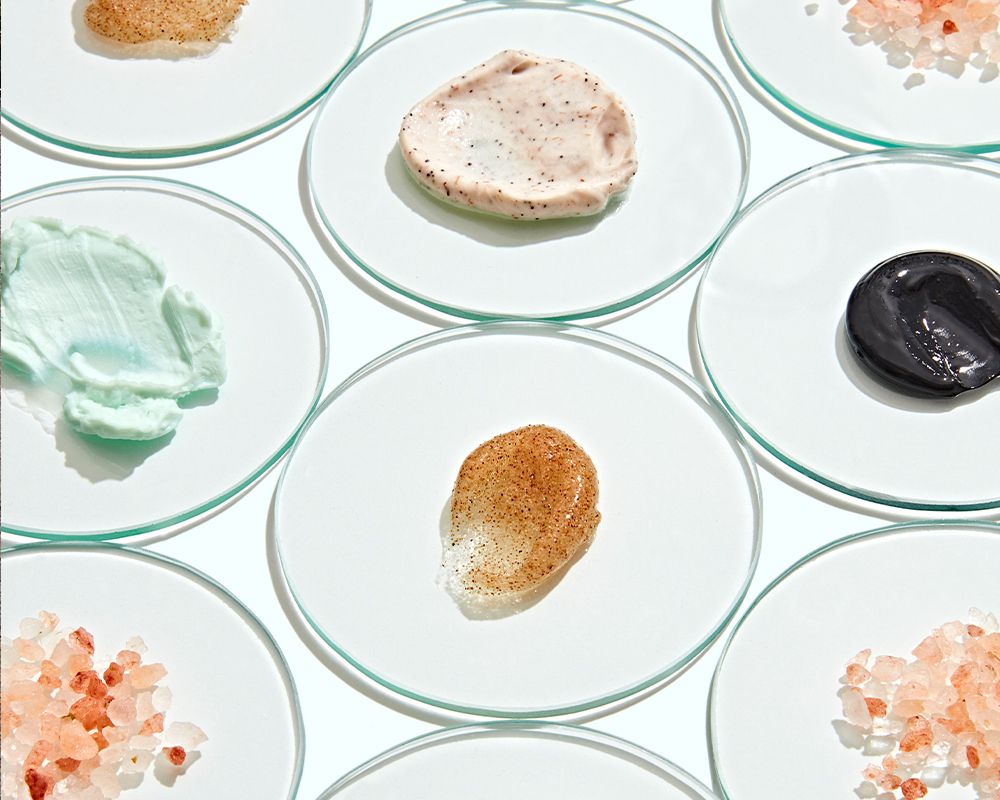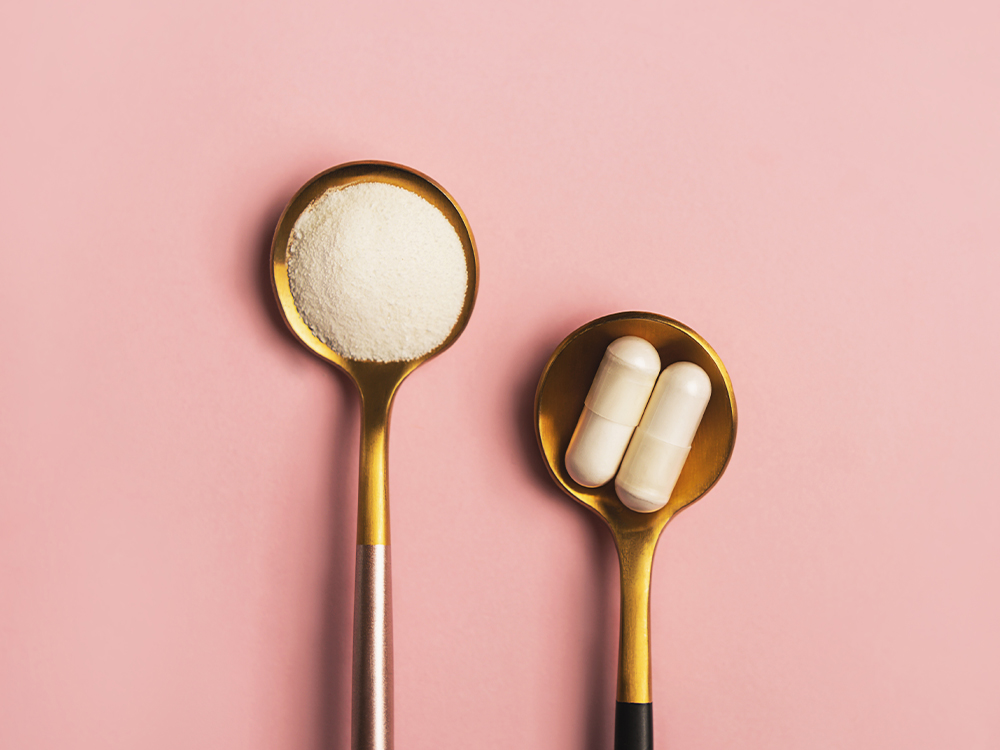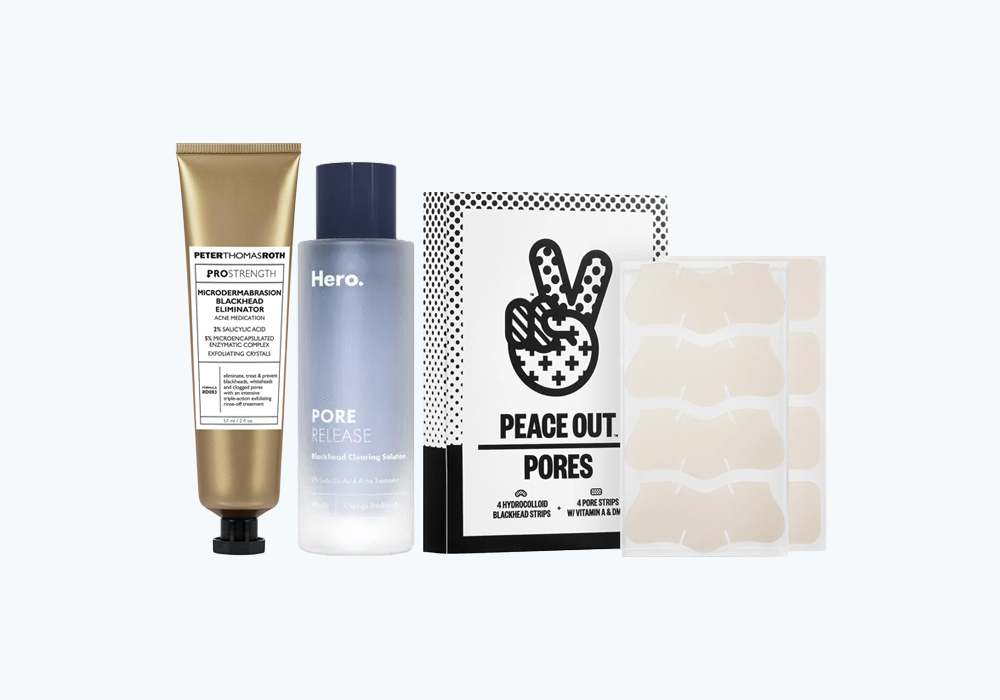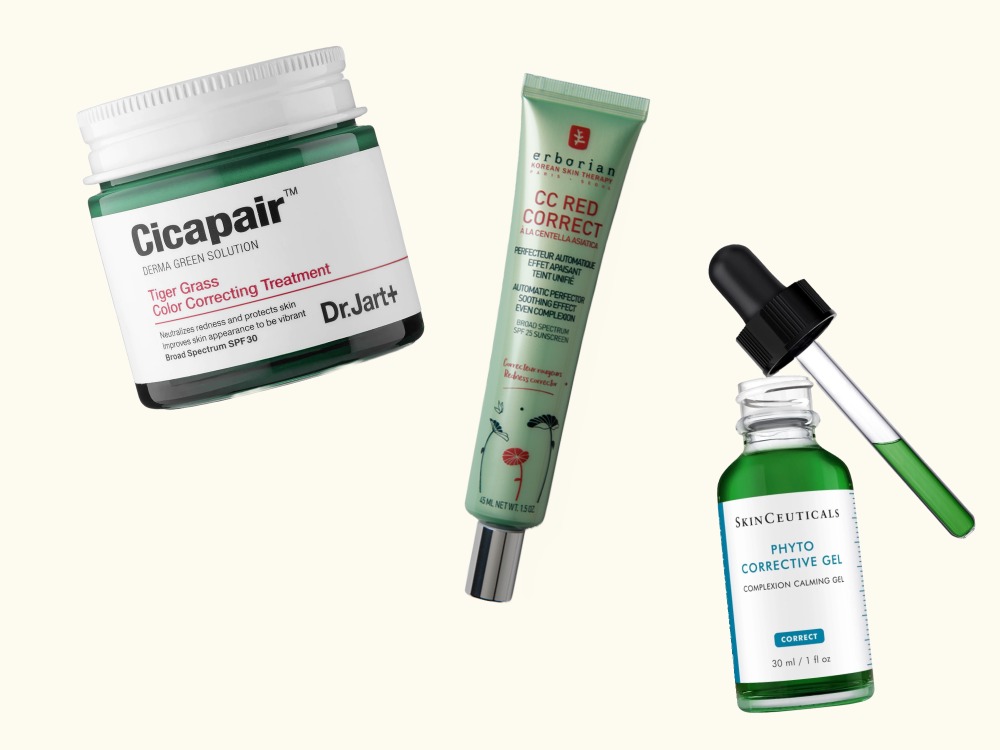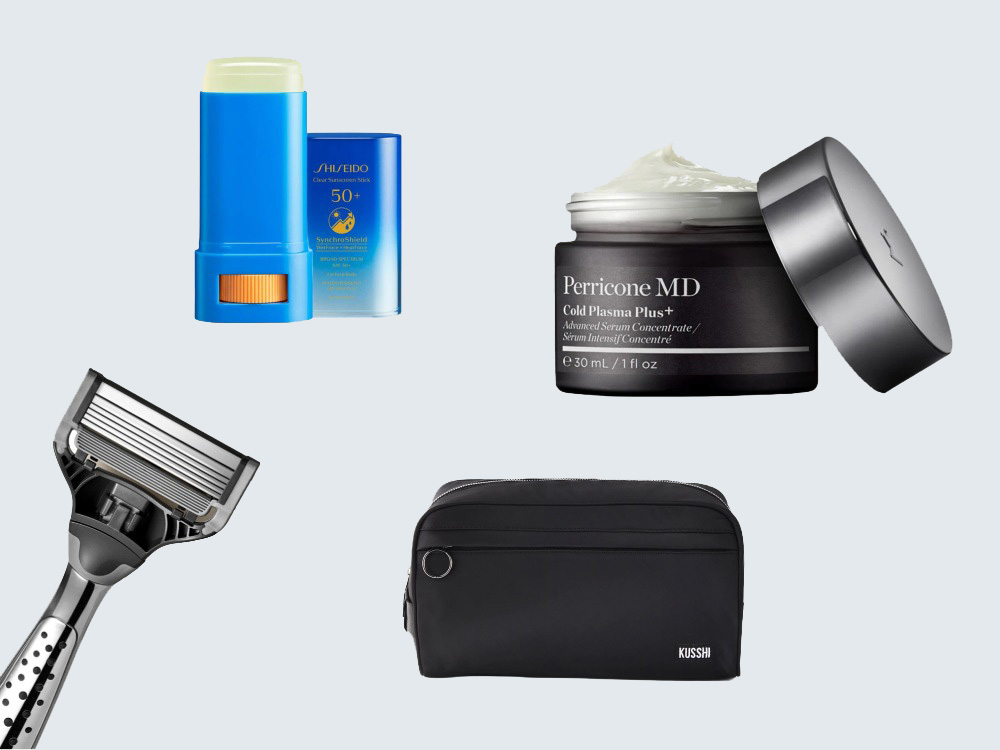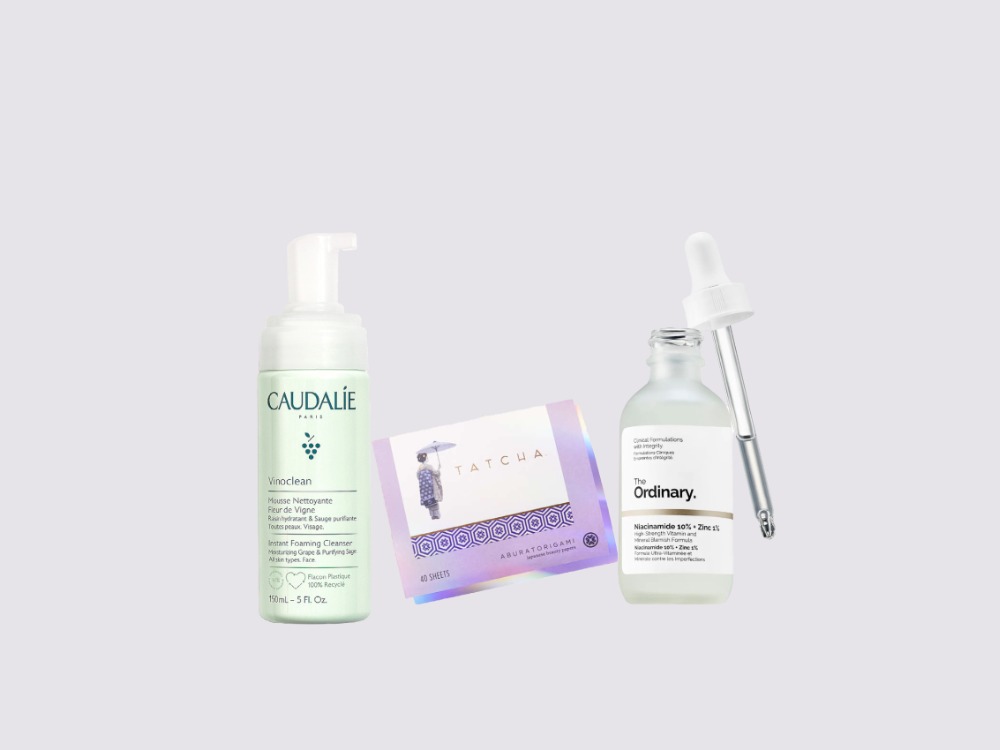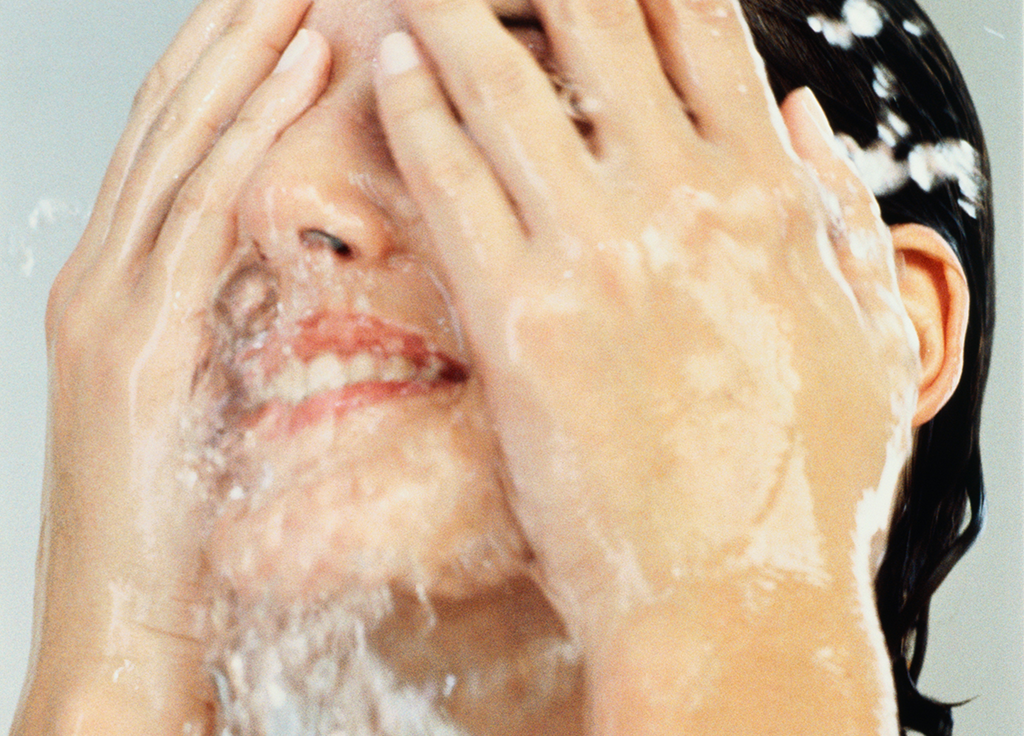Humidifiers are trending big-time right now, and we’re not surprised. We’re spending more time at home than ever before and many of us are keeping a closer eye on our allergies and respiratory health. But humidifiers do more than just help clear the air: they’re also a best-kept secret for better skin. Here’s the scoop.
What They Are
Let’s start with the basics. Humidifiers are devices that turn water into vapor or steam to increase moisture in the air, aka humidity. These are different than air purifiers, which clean the air by removing pollutants, but don’t add any moisture. “We are all indoors a lot more, even working from home, and trying to get good sleep and rest from all the stress,” says Cindy Kang, founder of Hey Dewy portable skin humidifiers. “Humidifiers have so many benefits: they can help alleviate allergies, clear your sinuses, combat dry skin, and just help with overall wellness—they may even help you sleep deeper. Especially during flu season, it’s important that we do everything to maintain our health and wellness, and having a humidifier just makes sense for every household. I think everyone is finally making wellness a priority.”
Dermatologists have been recommending humidifiers to their dry-skin patients for a long time, but like many new gadgets around the house, New York dermatologist Dendy Engelman, MD says many of her patients bought one, but stopped using it after a short period of time. “For years, I have recommended humidifiers to my clients who suffer with skin disorders such as eczema and psoriasis. I’d ask them if they had a humidifier and they’d say yes. But then I’d ask, ‘Do you use it?’ and they’d say no. And I know why. My son has eczema and my husband and I used to fight over who had to clean it.”
To solve the frustrating cleaning problem, a brand called Canopy created a dishwasher-safe water tank with anti-mold properties. “Back in April 2020, I was introduced to the team at Canopy,” says Dr. Engelman, who consults with the brand. “They had completely redesigned the humidifier and the consumer’s experience with it. It’s easy to clean, it’s not an eye sore and its evaporative technology makes it a great tool for supporting skin health and overall wellness.”
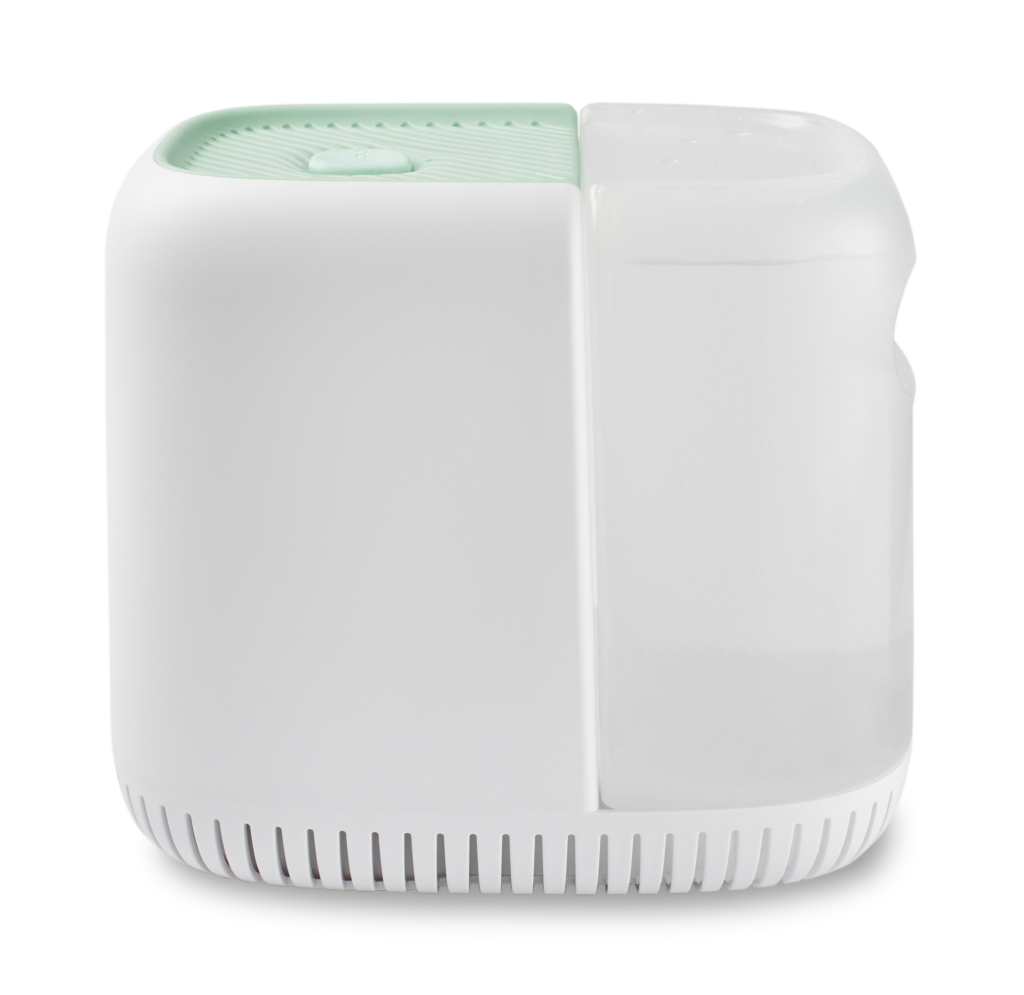
Miami dermatologist Annie Gonzalez, MD says that if you’ve committed to keeping your skin dewy with the help of a humidifier, you should make sure to keep it clean. “If the water or the device is dirty, so will the vapor that you inhale and let penetrate your skin. A dirty humidifier also fosters mildew, mold and other germs, but regular cleaning and frequent replacement of filters can prevent this from happening.”
Charlotte, NC dermatologist Gilly Munavalli, MD also recommends filling your device with “distilled water to avoid any collection of hardness in the machine or any aerosolization of other compounds that may be present in tap or well water. The Miro NR08M humidifier is good for larger rooms, has a great misting system and can be broken down completely for through cleaning, which is highly recommended on a regular basis.”
Who They’re Best For
Humidifiers are an asset for many people year-round, but they can be especially helpful during the winter months when the air is drier (Kang notes that blasting AC in the summer can create the same effect). “Dry air can cause moisture to evaporate from the skin, leading to dry, cracked skin, the worsening of eczema and chapped lips. Adding moisture to the air can counteract these problems,” Dr. Gonzalez explains. Because of this, dry and dehydrated skin types benefit most from extra humidity, as well as “patients who suffer from atopy, including atopic dermatitis (eczema) or seasonal respiratory allergies (hay fever), which can be related,” she adds.
However, according to New York dermatologist Doris Day, MD, those who naturally sweat a lot most likely don’t need a humidifier. “Your sweat makes natural moisturizing factor (NMF), and that helps keep your skin well-hydrated.”
How They Impact Skin
Dr. Engelman says there are two main ways optimal humidity levels support skin health. One is through our skin’s barrier function: “Think of your skin like a brick wall, where the skin cells are bricks and the mortar—ceramides, lipids and cholesterol—is what holds the cells together,” she explains. “The job of our skin barrier is to keep harmful pathogens out while retaining cell moisture. If you don’t have optimal humidity, then your environment is actually pulling moisture out of your skin. Using a humidifier supports your body maintaining a healthy skin barrier, and in turn, you will notice less dryness, flaking, redness, and even breakouts.”
The other way humidity impact skin is through reducing transepidermal water loss as we sleep. “It is a little-known fact that our body temperature fluctuates as we sleep—it’s why you find yourself kicking off the covers in the middle of the night—and we lose water trying to regulate our body temperature,” Dr. Engelman says. “In sub-optimal humidity environments, we can experience major transepidermal water loss because the environment is pulling moisture from our skin. But, while we’re sleeping, the body’s hydration rebalances, encouraging skin metabolism and cell turnover and repair, so it is critical to support skin during this time, and humidifiers are a great tool to do that.”
Though these devices are great skin-care tools, it’s important to understand that they are a complement to topical products, not a replacement. “Dry skin seems to benefit from humidifiers, but they are no substitute for a good emollient or moisturizer, which is best applied after a bath or shower,” says Dr. Munavalli. Additionally, one of the reasons Kang created Hey Dewy is because mist is a great addition to a skin-care routine. “Damp skin acts like a sponge, quickly absorbing any products and ingredients you put on it. So, if you mist during your regimen, you are maximizing the performance of your serums, oils and creams. Then humidify again overnight while skin is in repair mode.”
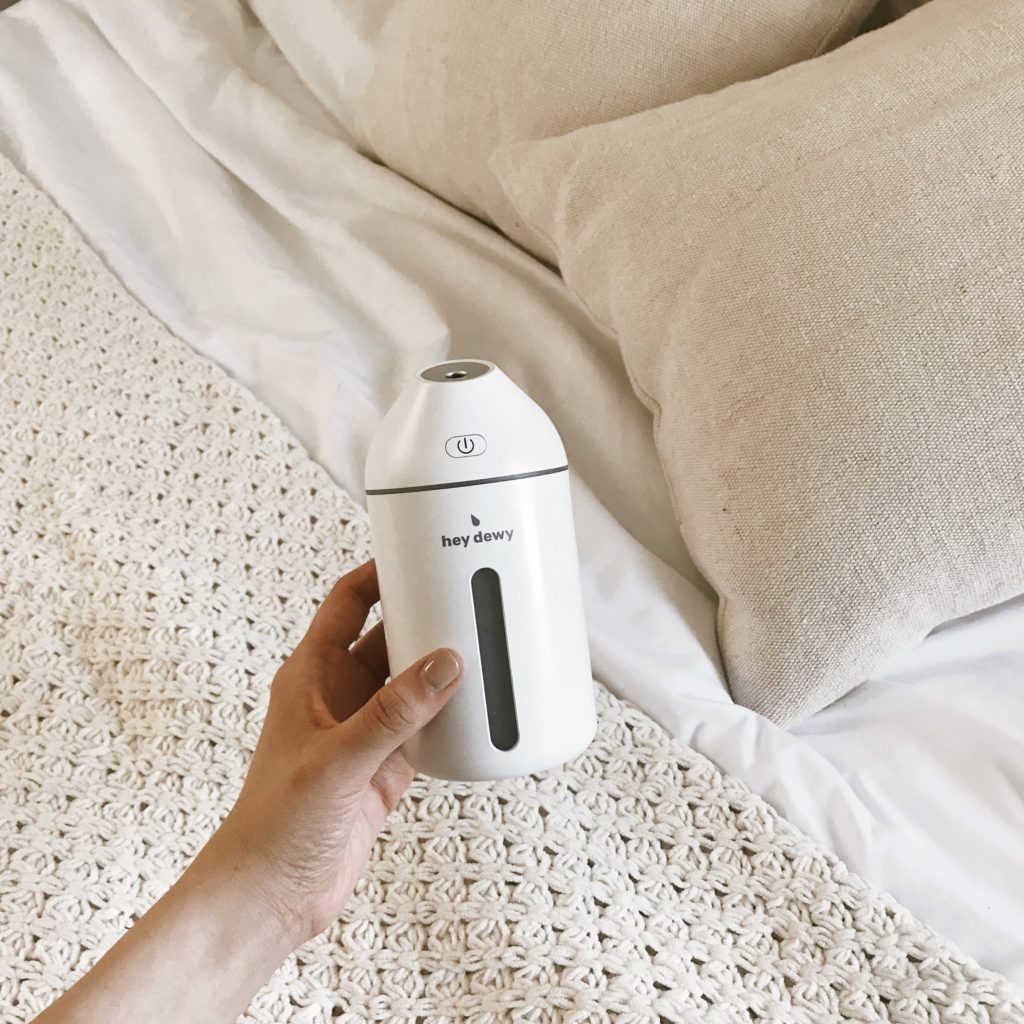
Is Too Much Humidity a Bad Thing?
“Like anything, even humidity in excess can cause some harm,” says Dr. Gonzalez. “Excessive moisture levels indoors can make breathing difficult and worsen allergy symptoms because common allergens like dust mites and mold thrive in damp environments. A humidity meter can measure the levels in your home or space—aim for 30 to 50 percent.”
Are There Any Other Ways to Add Moisture to the Air?
If you’re not ready to get a humidifier, or you want to experiment with the impact of humidity levels on your skin before purchasing a device, Dr. Day says “you can place a glass bowl or pot with room temperature water on a heater or shelf. The water will naturally evaporate and add moisture into the air. I would boil the water for 10 minutes or so, and then let it cool to room temperature before using it for this purpose.”
